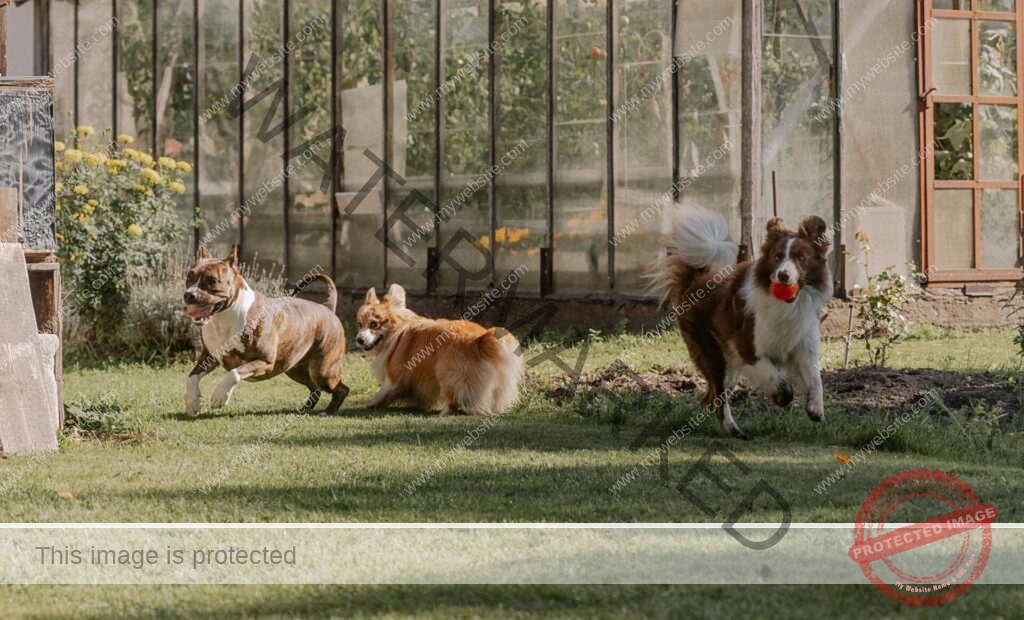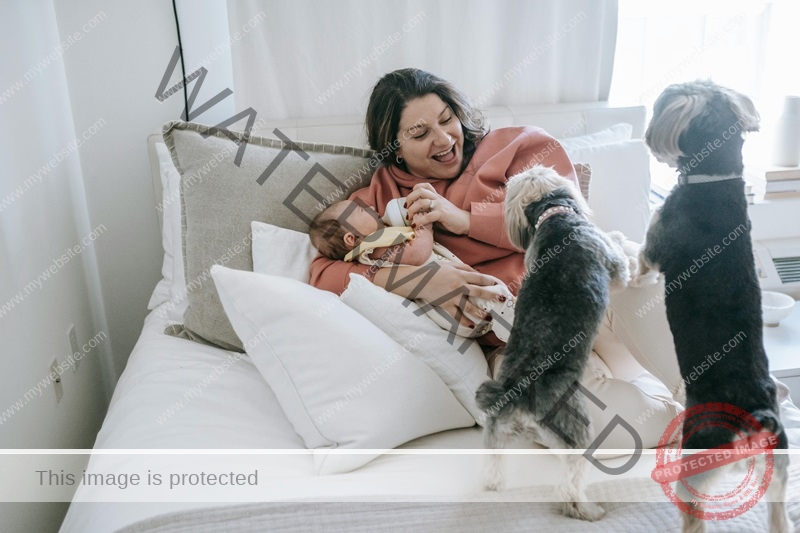Expert Tips to Socialize Your Puppy: A Key to a Well-Adjusted Companion
Socializing Your Pet
Raising a puppy is a journey filled with joy, love, and responsibilities. Among these responsibilities, one of the most critical aspects of nurturing a well-adjusted dog is the process of socialization. Socializing your puppy is not just about enabling them to interact with other dogs; it’s about helping them adapt to human society, understand the nuances of canine hierarchy, and develop into a calm, confident, and content companion.
Why Socialization Matters:
Unsocialized dogs face a multitude of challenges when exposed to new situations, unfamiliar dogs, and people. The absence of early socialization can lead to negative behavioural responses such as aggression or fear when confronted with the unknown. A well-socialized puppy, on the other hand, is more likely to approach novel experiences with confidence and an open mind.
Socialization initiates long before you bring your puppy home. It commences within the breeder’s environment and during the time your puppy spends with their dam. As early as three to four weeks of age, puppies begin to learn crucial lessons in canine body language and pack dynamics while interacting with their dam and littermates. Responsible breeders contribute significantly to the socialization process by ensuring positive early interactions between the puppies and people.
The Ideal Age to Bring Your Puppy Home:
The optimal time to welcome your new puppy into your home is when they reach eight weeks of age. The period from eight to twelve weeks is a pivotal stage in a puppy’s development. During this time, puppies are highly receptive to learning and are eager to embrace new experiences. Leveraging this window of opportunity can profoundly influence your puppy’s social development. Invite friends and family to interact with your puppy, exposing them to gentle children and helping them understand that people are friendly and pleasant companions.

Puppy Preschool:
Enrolling your puppy in a reputable puppy preschool, guided by an accredited instructor who understands pack structure, can be a valuable addition to their socialization journey. At a well-run puppy preschool, puppies of similar age and developmental levels can interact and play. The right instructor will not only help your puppy learn basic obedience but will also enhance your communication skills with your new furry friend, strengthening the bond between you.
Trending article: Puppy yoga?
Exposure to the World:
While your puppy is in the age range of eight to twelve weeks, it’s beneficial to take them for walks and introduce them to different environments, including noisy places like busy roads, train stations, and markets. This exposure teaches your puppy that these locations are not intimidating, making it easier to bring them along to such places in the future.
Growth and Ongoing Training:
As your puppy grows, continue their obedience training to ensure they become a confident, well-mannered companion who understands their role within the family pack.

Off-Leash Parks and Beaches:
While off-leash parks and beaches offer opportunities for socialization, caution must be exercised. Ensure your puppy is not intimidated by other dogs, as many owners may not have control over their pets. Consider waiting until your puppy is more mature before venturing into these settings. Additionally, ensure your puppy’s vaccinations are up to date, as public places can pose an increased risk of disease exposure.
An Investment in the Future:
Socializing your puppy is an investment in their future and the quality of your relationship. A well-socialized puppy grows into a well-adjusted, happy, and confident companion who knows their place within the mixed human-canine pack.
Frequently Asked Questions (FAQ) about Socializing Your Pet:
1. What is the best age to start socializing my puppy?
The ideal age to begin socialization is between eight and twelve weeks, as puppies are most receptive during this period.
2. How can I socialize my puppy with other dogs?
Introduce your puppy to other well-behaved dogs in controlled environments, like puppy preschools, and gradually expose them to various dog interactions.
3. Is it safe to expose my puppy to crowded places?
Yes, but be cautious. Gradually introduce your puppy to crowded places, focusing on their comfort and safety.
4. What are the benefits of enrolling in a puppy preschool?
Puppy preschools provide a structured environment for puppies to interact, learn basic obedience, and enhance communication with their owners.
5. How can I help my puppy overcome fear of new situations?
Gradual exposure, positive reinforcement, and patience can help puppies build confidence in unfamiliar situations.
6. Can older dogs be socialized effectively?
While it’s possible, socialization is most effective during a puppy’s critical development period.
7. What should I do if my puppy shows signs of fear or aggression during socialization?
Seek professional guidance from a certified dog trainer or behaviourist to address these issues.
8. How often should I expose my puppy to new experiences and environments?
Regular, positive exposure is key. Aim for daily or weekly experiences to ensure a well-rounded and confident pet.
9. Are there specific techniques for socializing puppies of different breeds?
While there are breed-specific traits, the fundamentals of socialization remain the same; focus on individual puppy needs.
10. What role does positive reinforcement play in the socialization process?
– Positive reinforcement, through rewards and praise, helps puppies associate positive experiences with socialization, reinforcing good behaviour.
Trending article: Puppy yoga?






[…] You may read about the expert tips to socialise your puppy […]